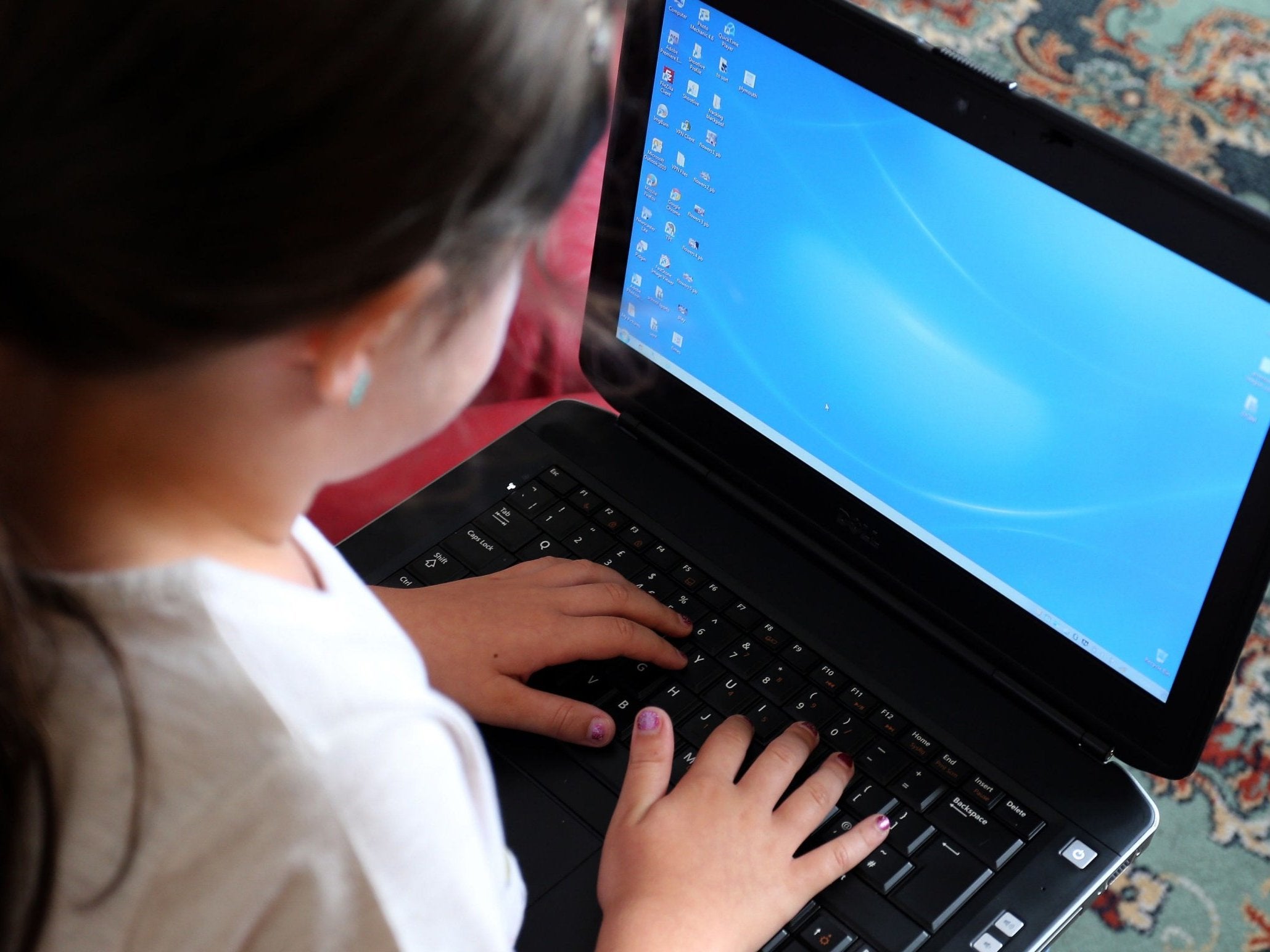Vulnerable children at risk of becoming 'lost in digital space', report warns
Young people in care and young carers are almost twice as likely to suffer cyberbullying

Vulnerable children face becoming “lost in digital space” because they are growing up without enough internet safety education, a new report has warned.
Young people who are in care, have special educational needs or have mental health, physical or communication difficulties, are more at risk of online harms such as cyberbullying, the study found.
At best they receive the same generic advice as all other children rather than specialist intervention, according to the Vulnerable Children in a Digital World report, commissioned by Internet Matters, Youthworks and the University of Kingston.
“A generation of vulnerable children are growing up without the digital support they need – effectively lost in digital space,” said Youthworks director Adrienne Katz, who co-authored the paper.
“There is a lack of training and up-to-date advice for those who live and work with vulnerable children. Their digital lives seldom receive the same nuanced and sensitive attention that ‘real life’ adversity tends to attract.”
The report breaks down how online risks could be anticipated for children in different vulnerability groups, based on a survey of 2,988 young people aged between 10 and 16.
Findings show children in care and young carers are almost twice as likely to suffer cyberbullying than children who are not.
One in four (27 per cent) of children with special educational needs often view sites promoting self-harm compared to 17 per cent of peers, while 25 per cent often view pro-anorexia sites in contrast to 17 per cent of peers.
Those with learning difficulties were a third more likely to spend upwards of five hours per day using the internet than other children, and one third more likely to have their social media account hacked.
“The research reiterates how society’s most vulnerable children need extra support and care in their digital lives – and how a child’s vulnerability might be an indication of the type of online risk they are more likely to experience,” said Carolyn Bunting, chief executive of Internet Matters.
Among the recommendations, parents are urged to work together with their children instead of imposing rigid rules.
It also says banning social media is pointless as children will find workarounds and use other platforms.
“As this research shows, with the rapid pace of technology we must ensure young people and those caring for them have the tools to face the challenges of the online world,” Digital Minister Margot James said. “The government will soon be publishing a white paper setting out clear responsibilities for tech companies to keep us safe online.”
Press Association
Join our commenting forum
Join thought-provoking conversations, follow other Independent readers and see their replies
1Comments